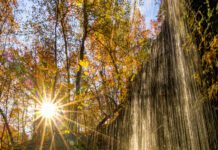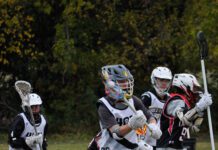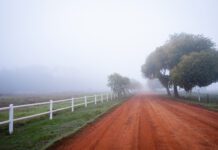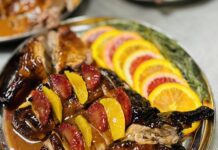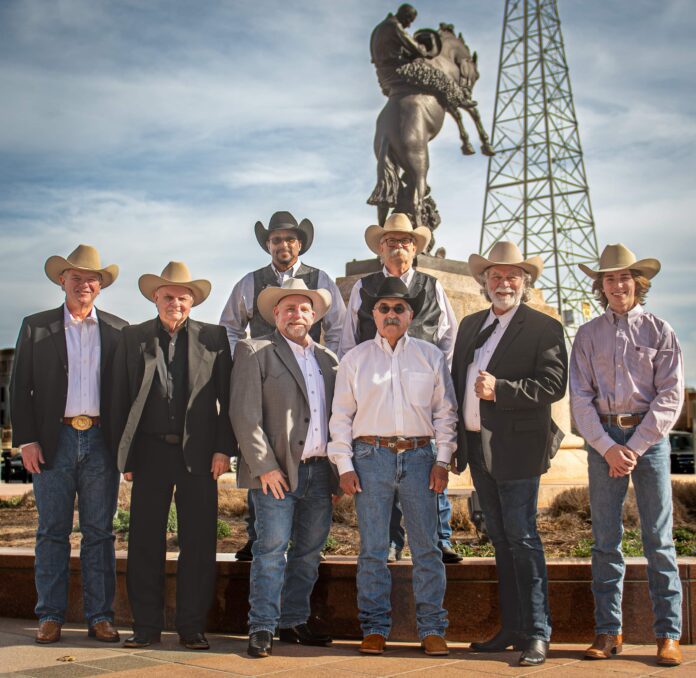
Although it’s been well over a half-century now, Edmond’s Greg Burgess still remembers with crystal clarity the first time he ever heard a Bob Wills song.
“We were horse people, and me and my dad were going to feed horses one day when ‘Roly Poly’ came on the radio,” he recalls. “I’d never heard that style of music before. I didn’t even play music then. But it immediately touched my soul, you know? It just reached out and grabbed hold of me and I thought, ‘Man, I love that.’”
That style of music, he would come to find out, was known as Western swing, the danceable musical amalgam honed and nationally popularized in the 1930s by Wills – a Texas expatriate working out of Tulsa – and his Texas Playboys band. As things turned out, the love Burgess had for it never faded, leading him to take fiddle lessons from Oklahoma Western-swing giant “Famous Amos” Hedrick, among others, and ultimately to a 40-year career as a professional fiddler and guitarist. For half that time, he was a member of the late musical innovator Byron Berline’s band, based out of Guthrie.
Although Berline’s group was known primarily as a bluegrass outfit, its members – including Berline himself – could swing with the best of them. They even did a terrific all-Western-swing CD, 2014’s Swingin’.
And right here may be a good place to briefly note the similarities and differences between bluegrass and Western swing. While both are predominantly played by stringed instruments, Western swing is a dance music, arising out of the ranches and, later, the honky-tonks of the American Southwest. Bluegrass music’s origins, on the other hand, blended folk tunes with gospel. Coming out of the South’s Appalachian Mountains, it continues to have more to do with playing and listening than it does with dancing. Musicians proficient in both styles, like Burgess, have many other ideas about how the genres differ. He believes, for instance, that “bluegrass is as far from Western swing as jazz is from Western swing – totally different. Western swing is more laid back, more about phrasing and timing.”
For many years, Burgess and Western-swing-savvy bandmates like bassist Richard Sharp and drummer Steve Short transitioned easily between swing and bluegrass, working steadily with Berline’s group. After their bandleader’s 2021 death, those three and other Berline band members continued playing together, predominantly bluegrass gigs.
Then, says Burgess, he was contacted by a musician named John Blair. Blair was the son of still another great Oklahoma Western-swing figure, Ramona Reed, the former Bob Wills vocalist who had passed away in the summer of 2022. Soon afterwards, members of the Oklahoma Music Hall of Fame contacted her family about honoring her at their next induction ceremony.
“John reached out to me because I’d played at Ramona’s memorial service,” remembers Burgess. “He asked if I would help him put together a swing band that could do a little tribute to his mom at the induction. So I did, and when we got through playing that, we realized how much fun we’d had, and how much we loved playing Western swing. So we said, ‘Well, let’s just keep the band together and see if we can play some.’ None of us were really interested in how much money we might make; we just wanted to play good music and have fun.”
In addition to Sharp and Short, Burgess also recruited Blair, a vocalist and fiddler, and another performer with the same skill set, Wetumka’s Bo Posey; well-known Oklahoma guitarist Joe Settlemires, one of a vanishing number of musicians left on the planet who actually played with Bob Wills; Claremore-based steel-guitarist Bobby Baker, another veteran player with vast and impressive Western-swing credentials; and mandolinist Henry Byron Burgess, Greg’s 17-year-old son. (Yes, his middle name is a tribute to Greg’s former bandleader.)
“We’re an eight-piece band,” Greg Burgess says. “John Blair lives in Virginia, so he’s not with us all the time, but his kids go to OSU and he’s hoping to move to Stillwater. Then he’d be with the band more. And Henry actually works for Rick Faris, a Grammy-nominated bluegrass guy out of Kentucky. He plays with us every chance he can.
“Joe Settlemires and Bobby Baker – those guys are just great players,” he adds. “And Steve and Richard are just amazing. Richard is probably the best swing-bass player around, and of course Steve’s played with everybody, from Reba McEntire to Leon McAuliffe. Joe plays that old-style rhythm, like [Western-swing great] Benny Garcia, so when you get Joe and Richard and Steve, that rhythm section, together – oh, my gosh, it’s just incredible.”
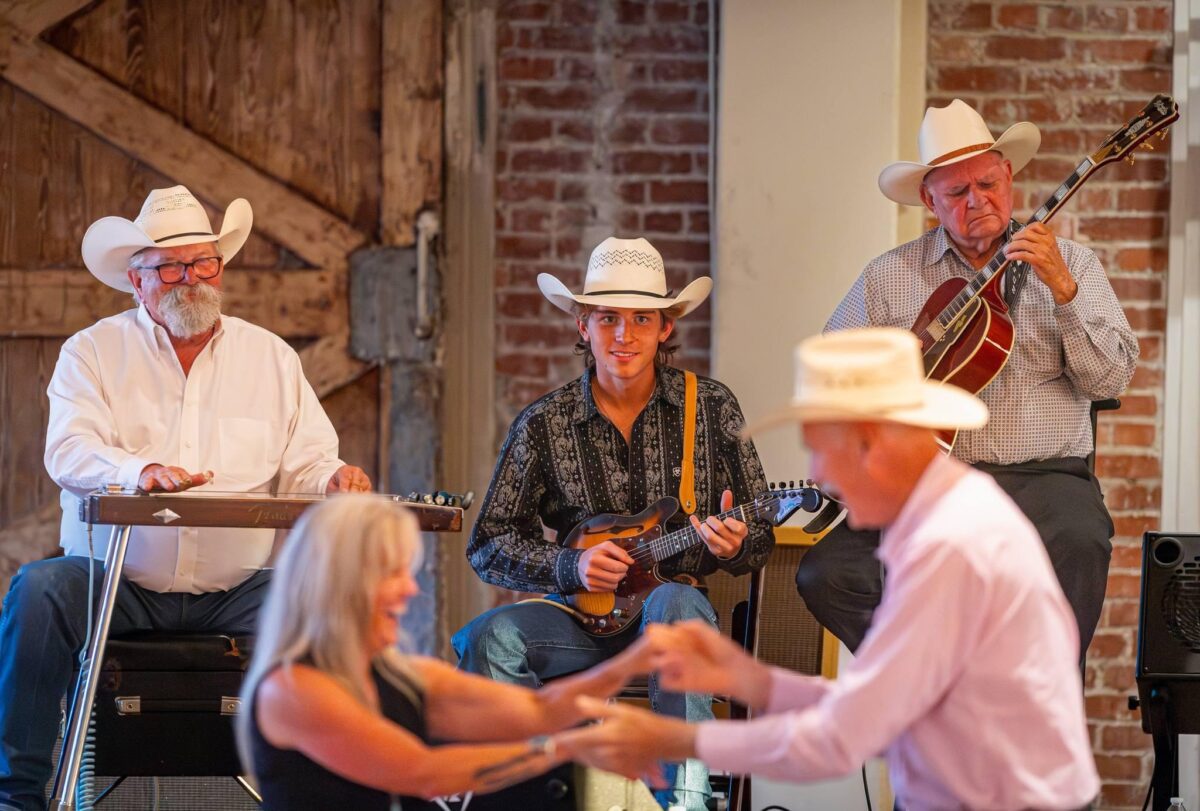
Just out of the starting blocks, Oklahoma Swing landed a regular gig at the Guthrie Depot, where they’ve since been playing dances to steadily increasing crowds. “It’s a wonderful ballroom,” says Burgess, “and the people at the Depot, Adam and Abigail Ropp, have been gracious enough to let us call that place home.
“When we decided to do this, we said, ‘Well, we’re going to play swing.’ And that’s what we do. I’ve had people come up and make requests, and I’ll say, ‘Well, we can play that, but I made a vow to everybody in the band we weren’t going to play shuffles [or other non-swing styles]. We were going to play Western-swing music.’ So that’s what we do, and now we’re starting to get some traction, and people are starting to take notice, and we’ve got a new album out.”
The band also has an appearance scheduled for Nov. 16 as a headliner at the Pawhuska Western Swing Festival. The event, which also features the Brazos Valley Boys, includes a fiddle contest that, Burgess hopes, will offer a competition for younger players as well as an open division.
“We want to get the kids over there and kind of introduce them to Western swing,” he explains. “A good way to preserve and promote that music is to get younger people involved. So we’re trying to re-introduce it to the people who knew the music when they were younger – maybe their parents listened to it – and then to try to introduce it to younger people. We have family-friendly dances, so people under 15 are free to get in. And we do get some parents bringing their kids.”
But whether an audience member is a preteen or an octogenarian, the mission of Oklahoma Swing’s members remains the same: to share this classic feel-good music once again with as many people as they can.
“We played a barbecue and dance at a retirement community here in Edmond, and I watched the people making their way up to the buffet line,” says Burgess. “When we started playing, they perked up, and they were listening, and by the time they got their food and headed for their tables, they were dancing. And then, some of ‘em started singing. I had a lady come up to me and say, ‘I haven’t heard this music since I was a kid. But I know the words to every song.’ They were all just so happy.
“Western-swing music took this country, especially Oklahoma and Texas, through a lot of hard times,’ he concludes. “And, you know, it still has the power to create those good feelings.”
The new Oklahoma Swing CD, Somewhere North of San Antone, is available on internet streaming services and in a hard-copy format. More information on the band and the disc is available atoklahomaswing.com. For details on the Pawhuska Western Swing Festival, set for Nov. 15-16, see pawhuskawesternswingfestival.com.


